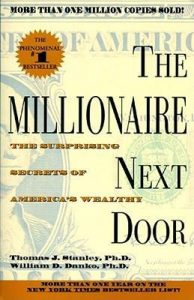Making the most of your personal finances is something you don’t need a degree for. Some of the world’s best and brightest (and most successful) have never been to University. Once you have a clear financial goal, it’s possible to greatly improve your financial situation with the help of a book that can give you practical, first-hand knowledge of how to make the most of your savings, investment strategy and making the most of tax time. Here are our recommended reads on books to improve your financial literacy:
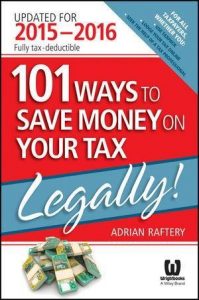 101 Ways to Save Money on your Tax – Legally by Adrian Raftery
101 Ways to Save Money on your Tax – Legally by Adrian Raftery
Raftery has featured on a range of media as this topic is of interest to anyone earning a wage. Updated each year, Rafferty’s book is a guide to making the most of your money at tax time. Known as Mr Taxman, Raftery is one of Australia’s leading Taxation experts and his guides provide tips and tricks that enable you to get the deductions you are entitled to. Also included is information related to tax-effective investments, tax planning and tips on how to find a great accountant.
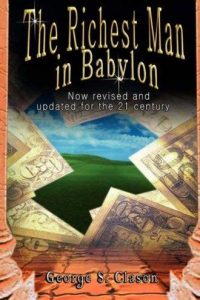 The Richest man in Babylon by George C. Classon
The Richest man in Babylon by George C. Classon
Read by millions, this timeless book holds that the key to success lies in the secrets of the ancients. Based on the famous “Babylonian principles,” it’s been hailed as the greatest of all inspirational works on the subject of thrift and financial planning. In a nutshell, the lessons in the book could be summarised as the following:
1. Save 10% of everything you earn
2. Be smart with your money
3. Invest the money you save.
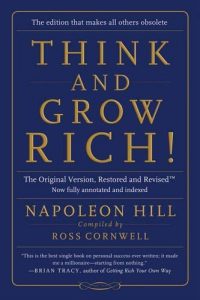 Think and Grow Rich! by Napoleon Hill
Think and Grow Rich! by Napoleon Hill
In the early 1900s Napoleon Hill wanted to find out how successful people became…successful. After interviewing 500 of the most successful people of the time (such as Henry Ford, Edison and Andrew Carnegie), he wrote ‘Think and Grow Rich!’. One of the most influential books on self development, “Think and Grow Rich!” has sold 20 million copies. This edition restores Napoleon Hill’s masterpiece to its original form and intent. While Hill hints at the secret to success in the book, it is not made explicit, nor are instructions provided on how to achieve success, which would increase the usability of the book.
Rich Dad Poor Dad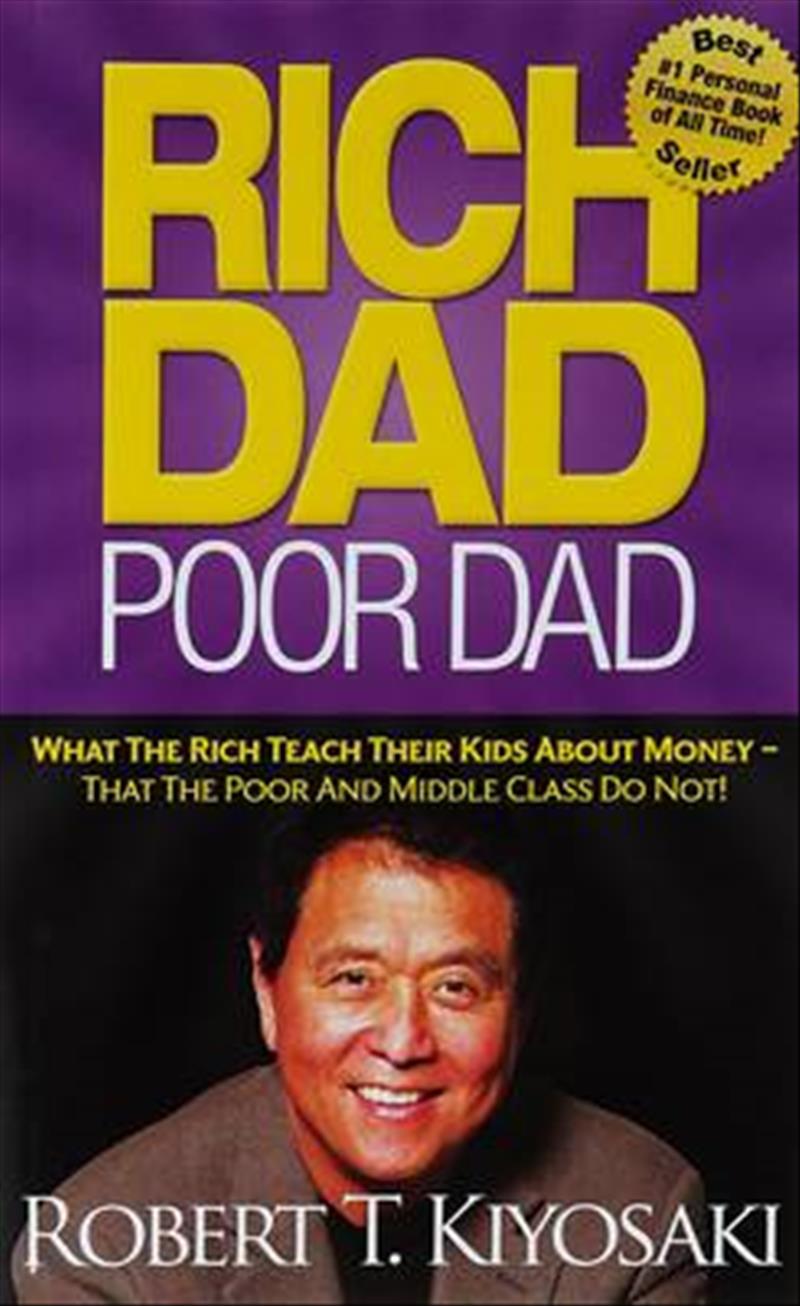 by Robert T. Kiyosaki
by Robert T. Kiyosaki
In this book, Kiyosaki compares the financial philosophies of the author’s two fathers: his biological father – the poor dad – and the father of his childhood best friend, Mike – the rich dad. Throughout the book the author compares both fathers, and how his real father, the poor and struggling but highly educated man, paled against his rich dad in terms of asset building and business acumen. The ‘Rich Dad Poor Dad’ series is incredibly popular but it’s philosophy isn’t readily available to everyone. If you want to become financially free, you need passive sources of income that are greater than your living expenses. These strategies are not always feasible and can require serious capital. The parable-nature of the story, however, is entertaining and easy to follow.
The Millionaire Next Door: Surprising Secrets of America’s Wealthy by Thomas Stanley and William Danko
What sort of life does your average millionaire live? How did they become wealthy? How do they shop? In most cases, the millionaires that are studied by Stanley and Danko are self employed, first generation millionaires who spend wisely and are committed to leading a frugal lifestyle. This is a lot less glamorous than the imagined variety but offers readers some insights on what it takes to become financially free.
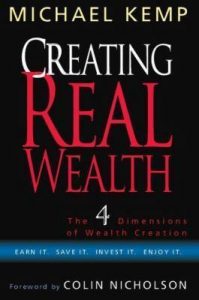 Creating Real Wealth by Mike Kemp
Creating Real Wealth by Mike Kemp
Mike Kemp is one of the financial advisors that the ‘Barefoot Investor’ Scott Pape calls on to analyse investments. Author Michael Kemp encourages readers to first define their perception of wealth before they set out on their journey to achieve financial security. The vague goal of “becoming wealthy” is unachievable if the more you earn the more you spend. He warns against measuring financial goals and achievements against those of the Joneses’ or the stars of the screen and entertainment worlds. A well-researched and practical guide to planning your wealth.
